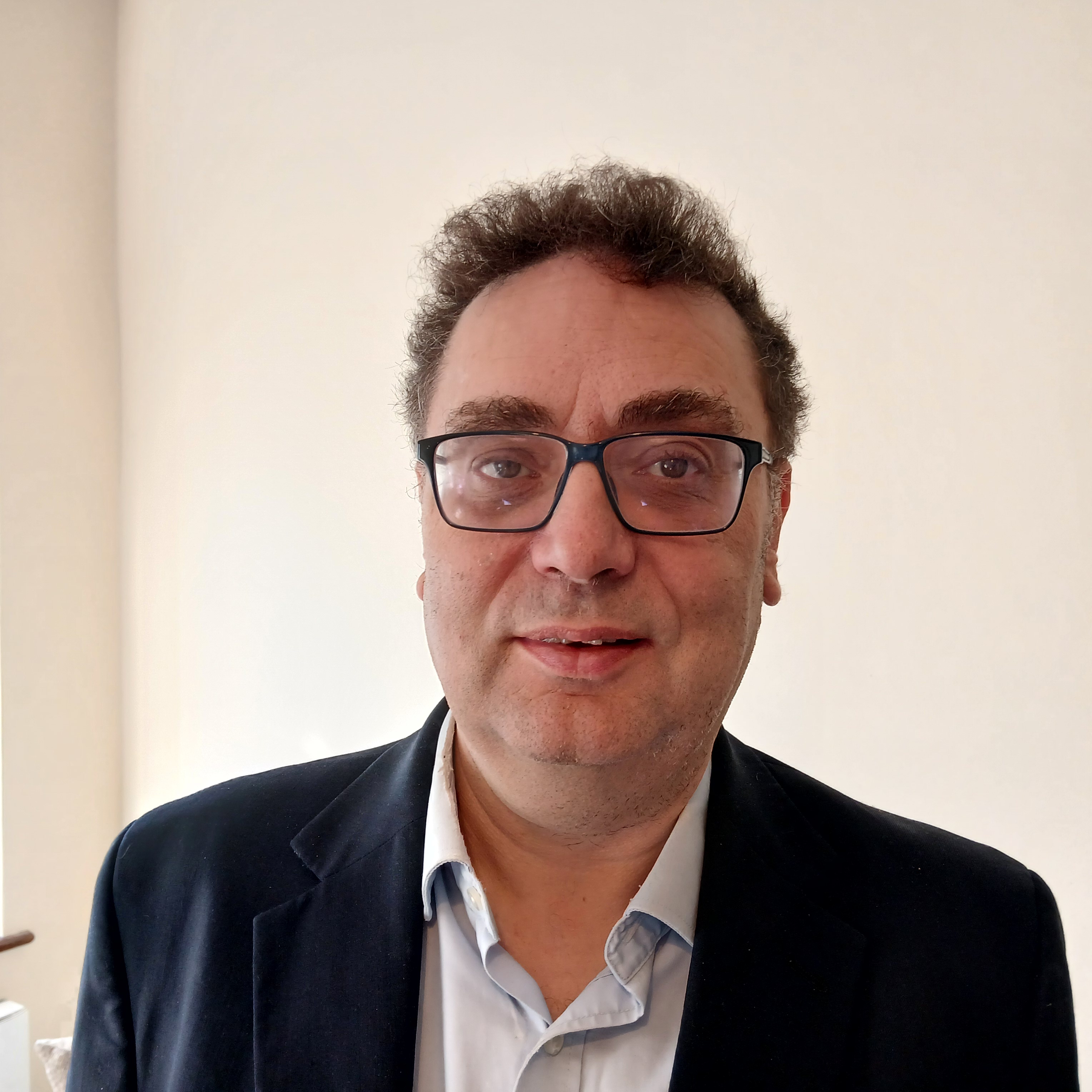This session will focus on how leaders can drive change to promote effective inclusive practice across the school.
We will consider contemporary international models of leadership for inclusion, and consider case study examples of their us, covering, for example, the Index of Inclusion, Universal Approaches to Inclusion across the school, and the Community of Practice approach to whole school inclusion, considering implications across different levels of leadership within the school.
Using these models and example cases as a framework, we will reflect on how school culture, climate relate to the vision and values of the school leader, and the interplay between these and wider system aims and constraints, and the perspectives of the local community including parents and other stakeholders. This will also include responding to external inspection and evaluation and using these as a positive driver for school improvement.
We will also consider the international evidence base on effective school leadership for inclusion, again drawing on case study examples of how school leaders have successfully the tensions and dilemmas inevitable in achieving effective school improvement for inclusion across the school.
There will also be a focus on collaborative practice – on how leaders can work effectively with parents, families and other stakeholders including the third and private sector, and again considering international examples of how leaders have promoted high expectations and successful academic and social outcomes for all students, as well as ensuring high quality pathways for transition for children and young people with moderate and more complex barriers to learning. There will also be consideration of how school leaders can promote effective collaboration with and learning from specialist settings including special schools.
The session will also cover current innovations in leadership for inclusion including ensuring the effective and critical use of Artificial Intelligence in Education (AIED) and new technologies, including the creative approaches for using data and gap analysis to drive whole school improvement for inclusion.
Finally, the session will consider current international practice, and again case studies, on approaches to supporting teachers across the school to engage with and make use of research evidence for inclusive practice, covering the use of models such as Professional Learning Communities and Lesson Study.
Learning Outcomes
Participants will be able to:
- Support teachers and teaching teams in reflecting on their professional journeys, skills and needs, and plan effective professional development interventions and support strategies to develop teachers’ skills in understanding difference in the classroom and adopting and implementing effective adaptive teaching
Identify barriers and enablers for change, and develop a local theory of change model which identifies assumptions (including staff and parental attitudes), roles of different key actors in the system, and locates potential pathways for change - Reflect on the particular range of learning needs across their schools / teams / departments and understand how they can leverage whole school improvement programmes and processes to support identification of need, relevant intervention and support, and promote an inclusive culture which challenges notions of fixed ability and sets high expectations and pathways for development and success for all students
Target Audience: Key Personnel and School Leaders


















